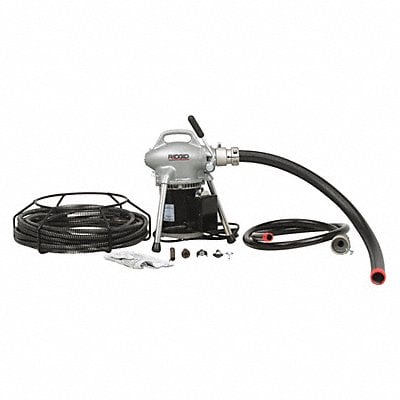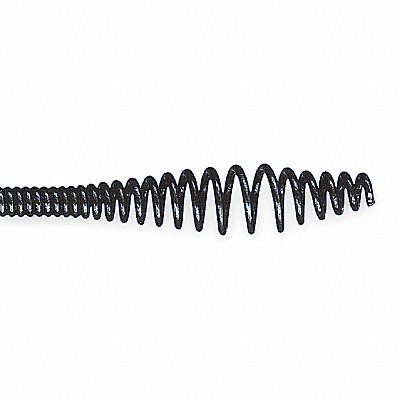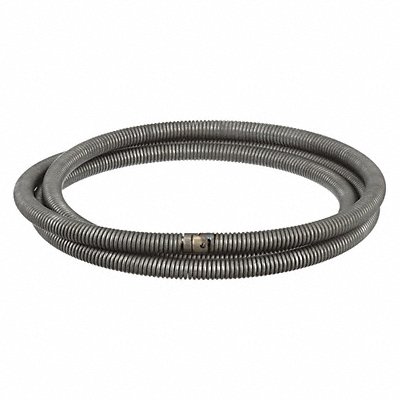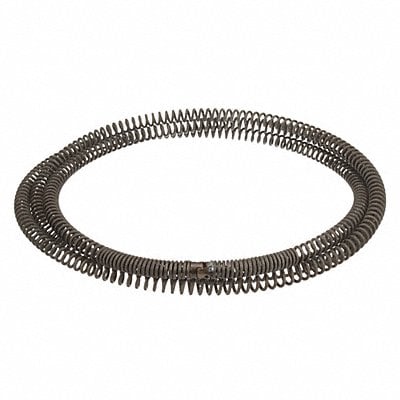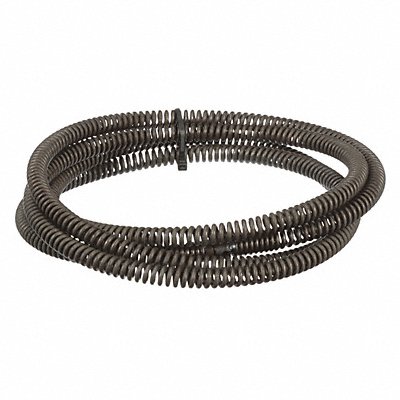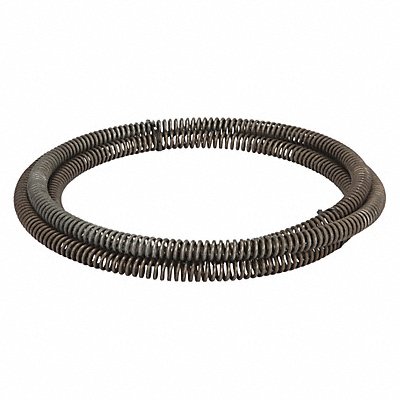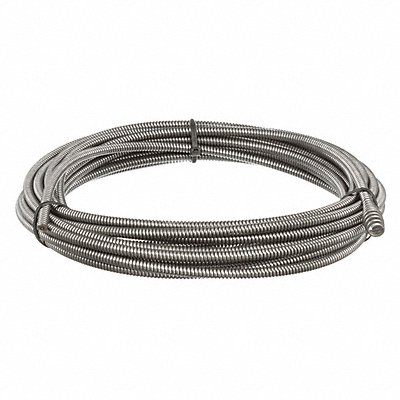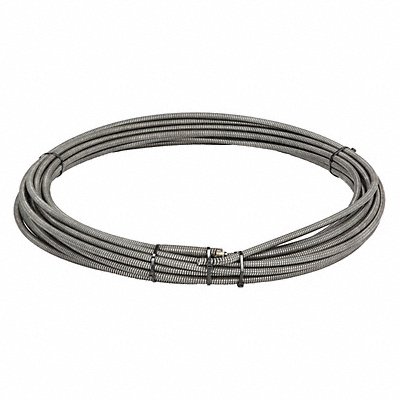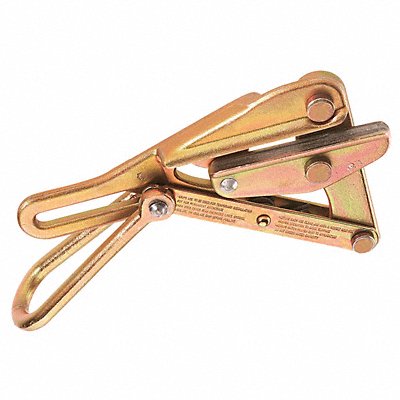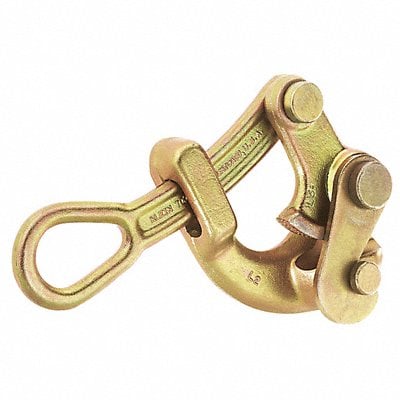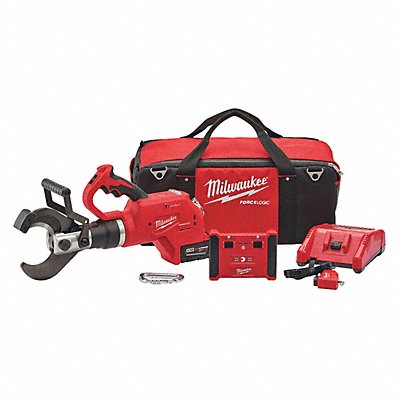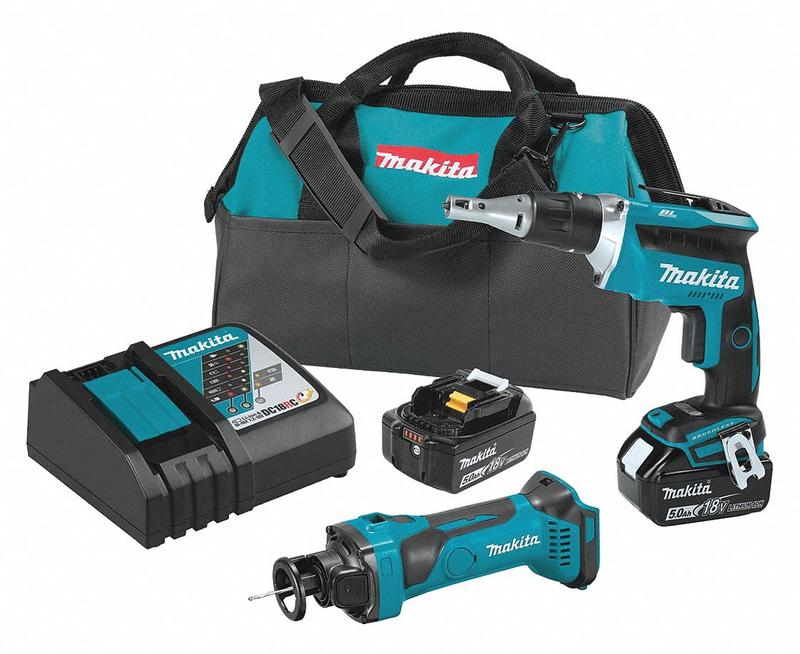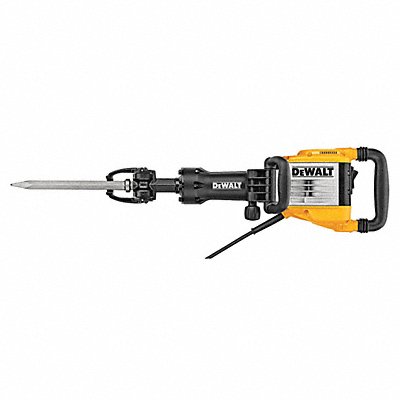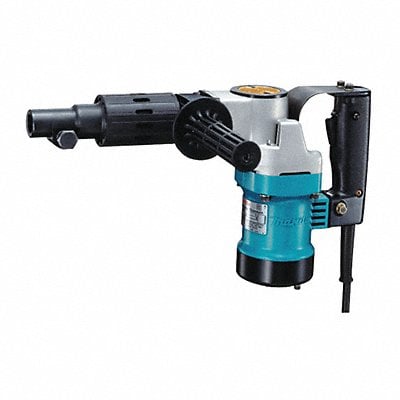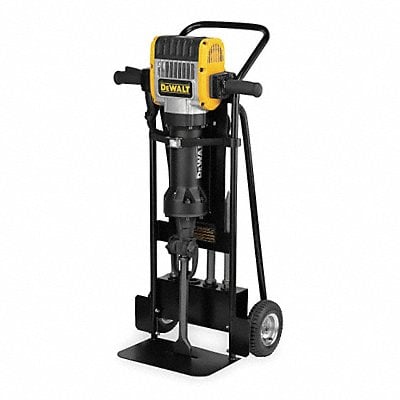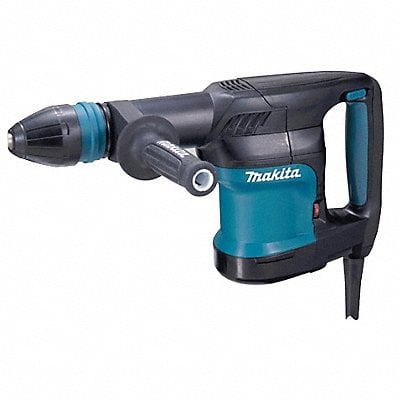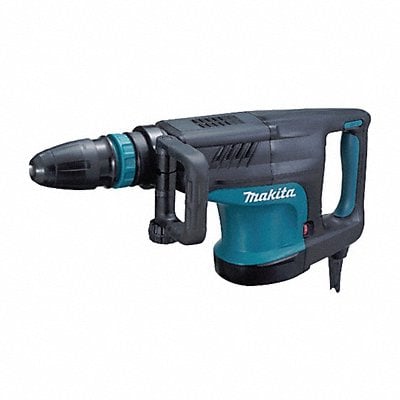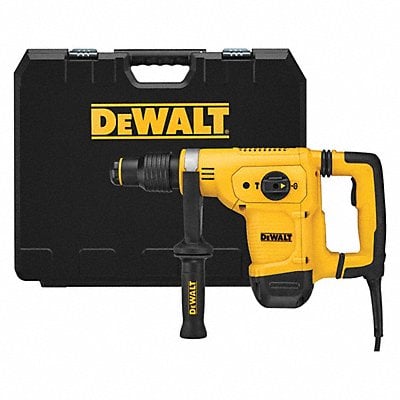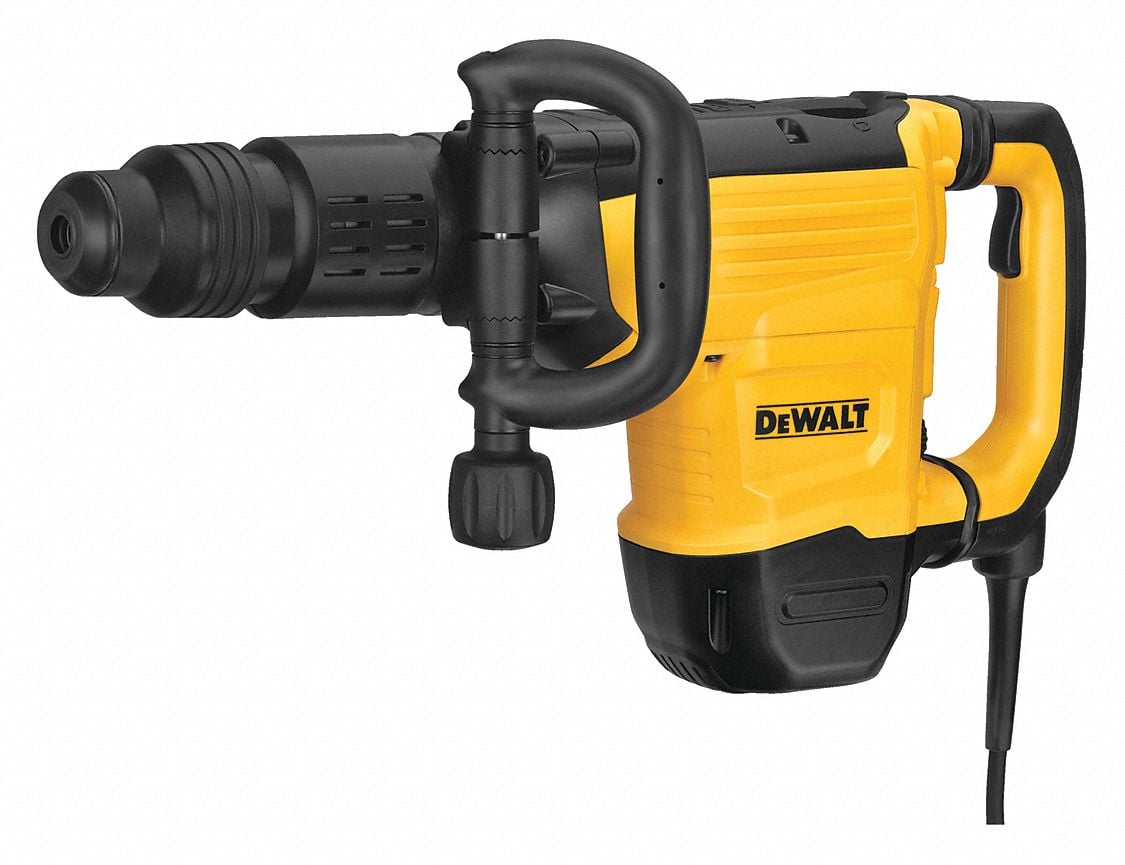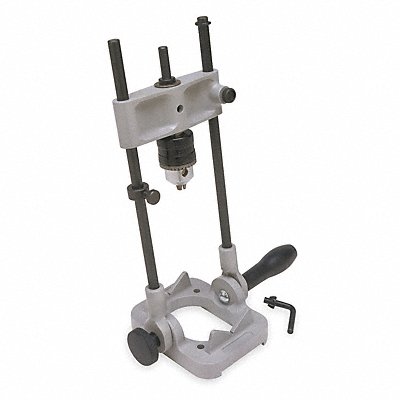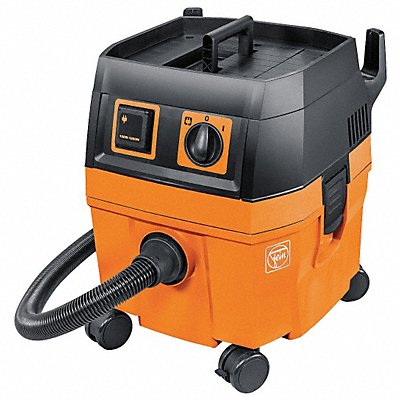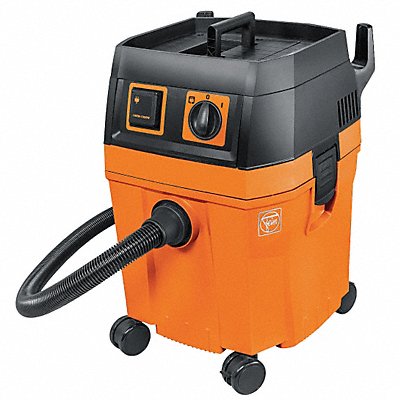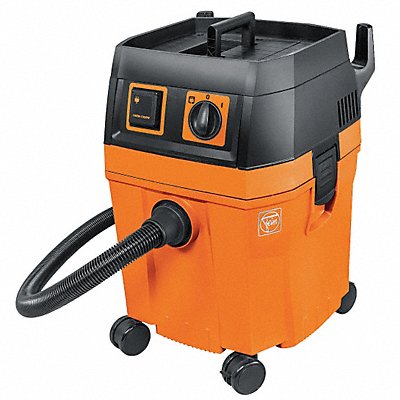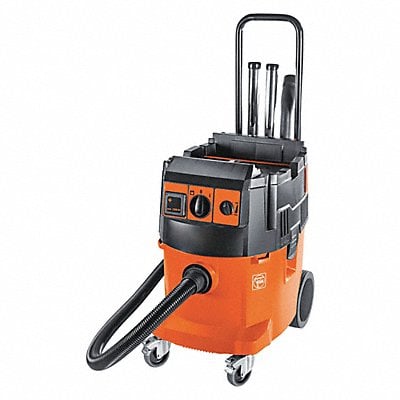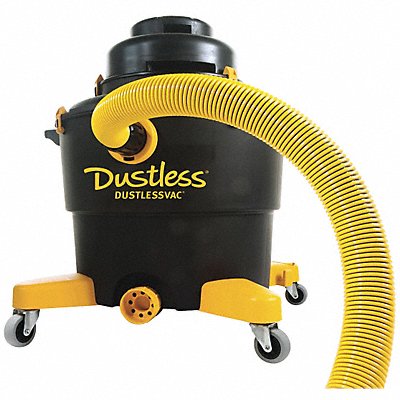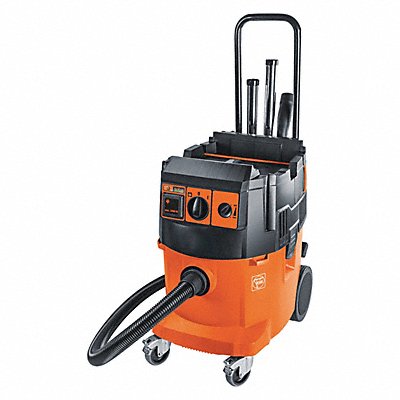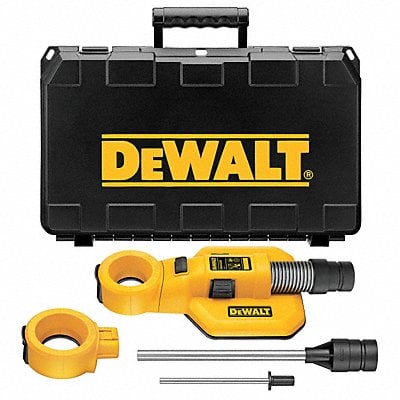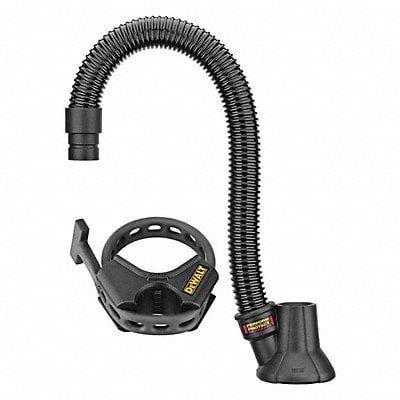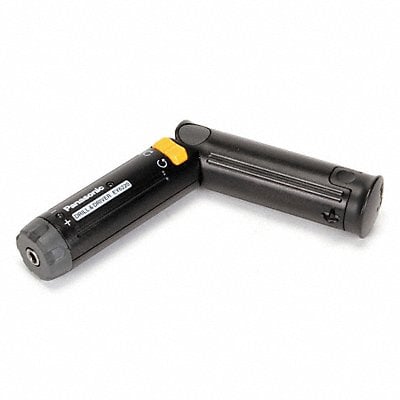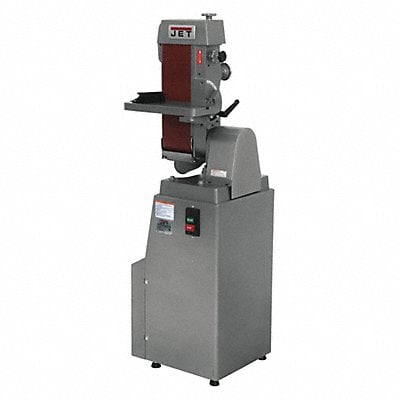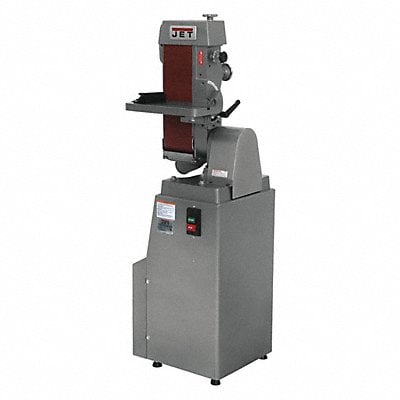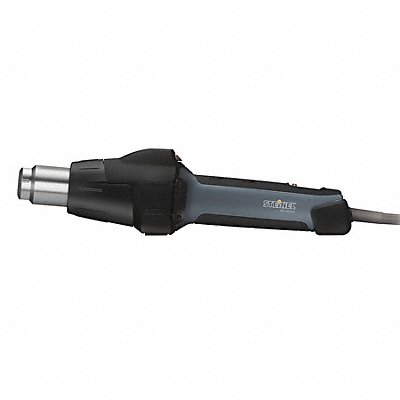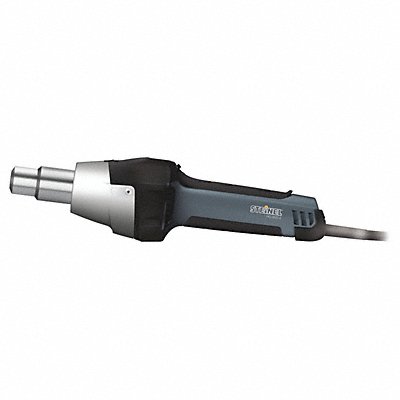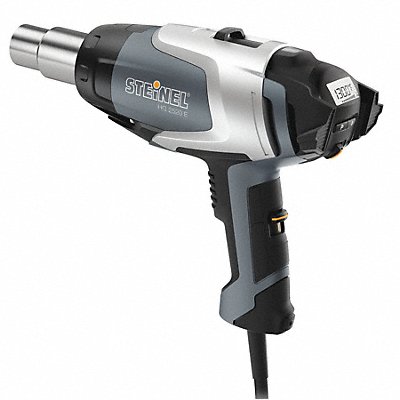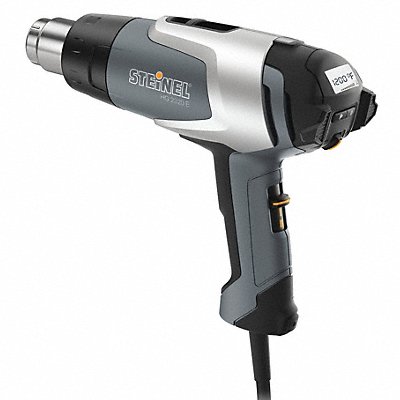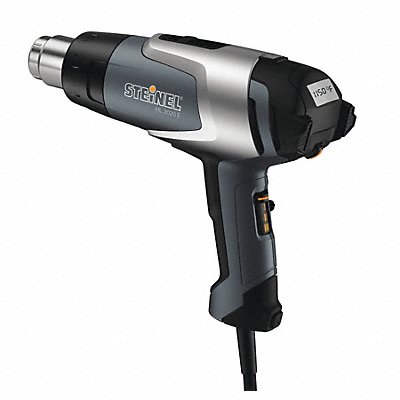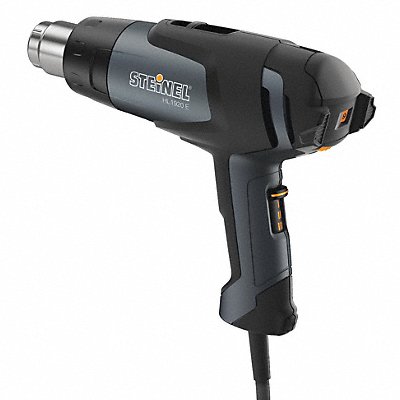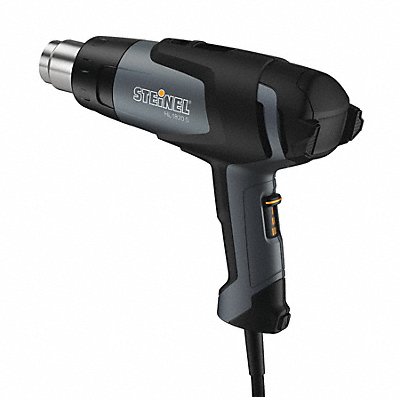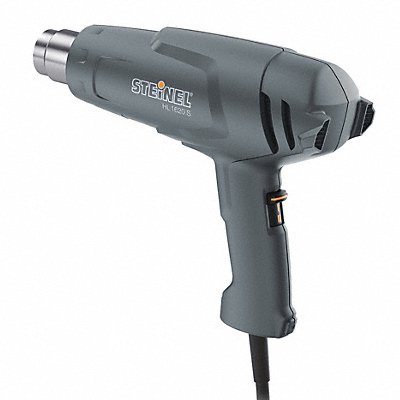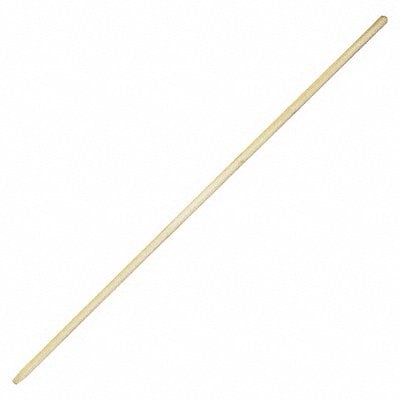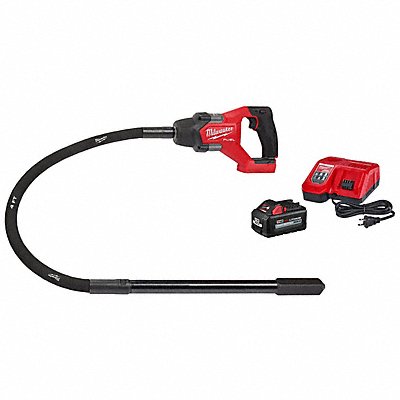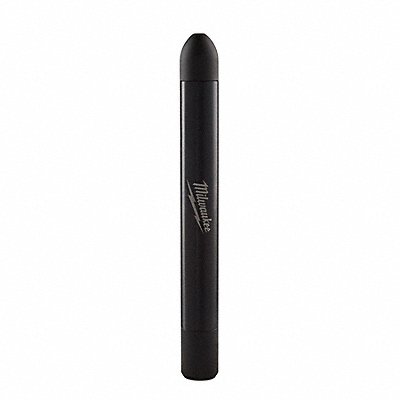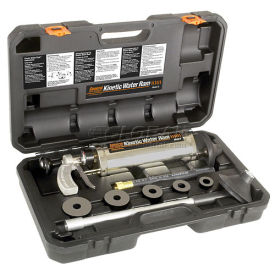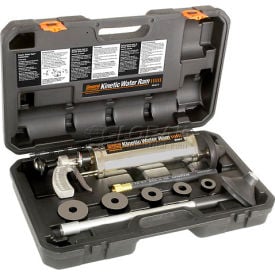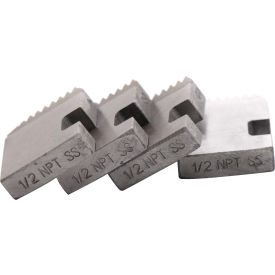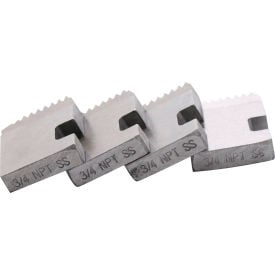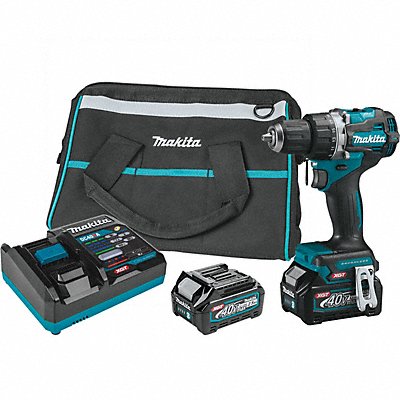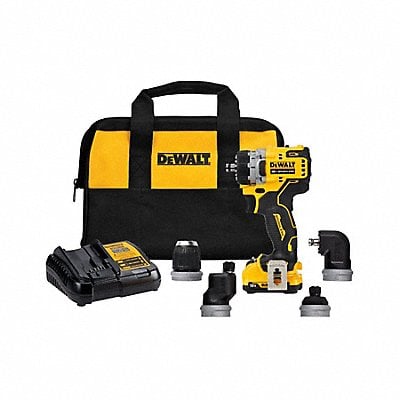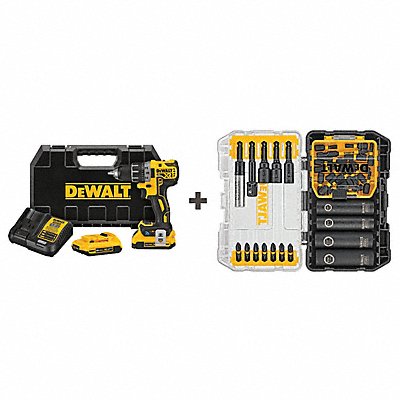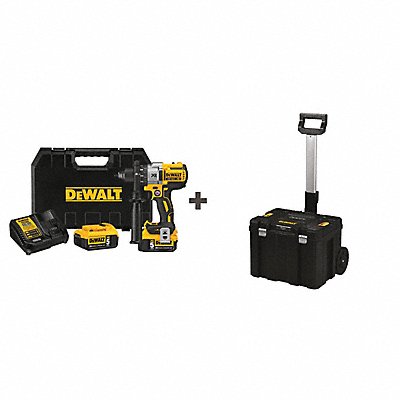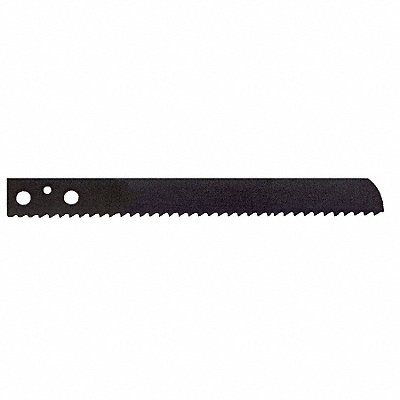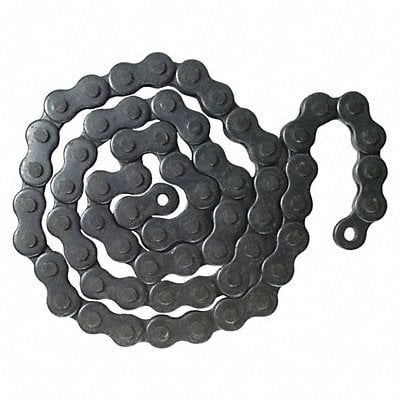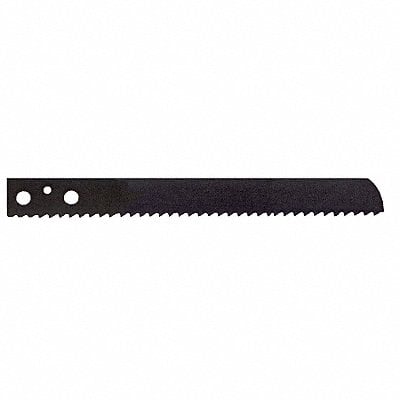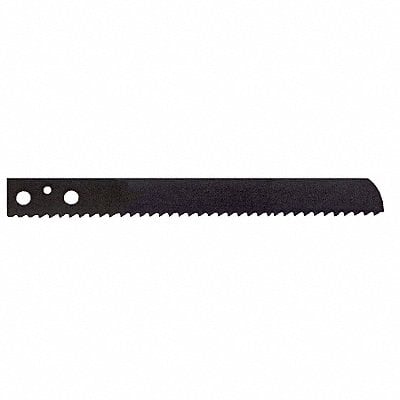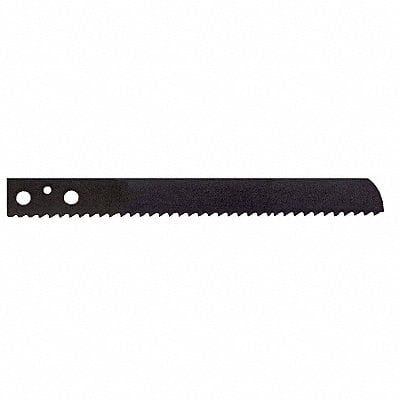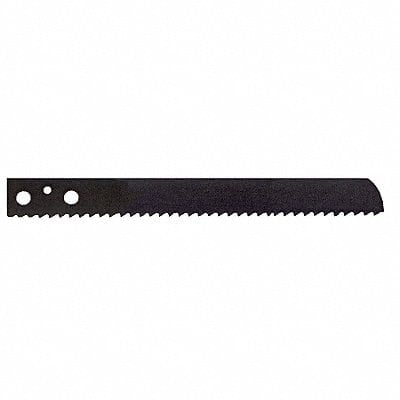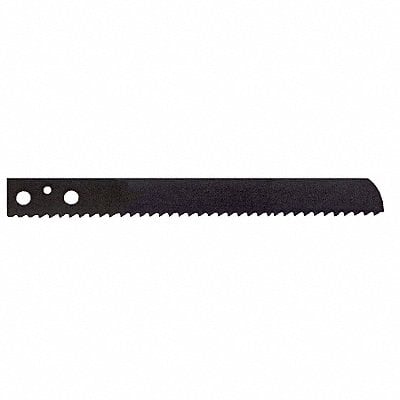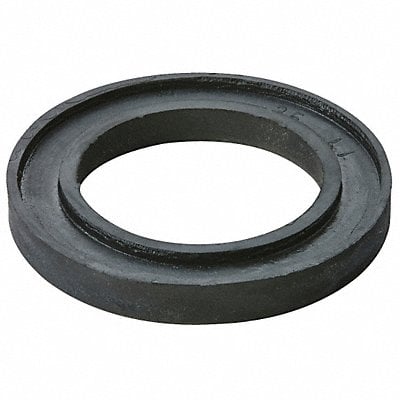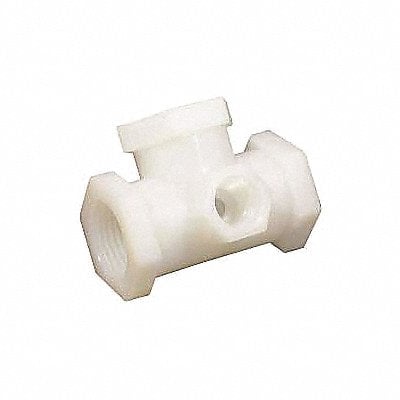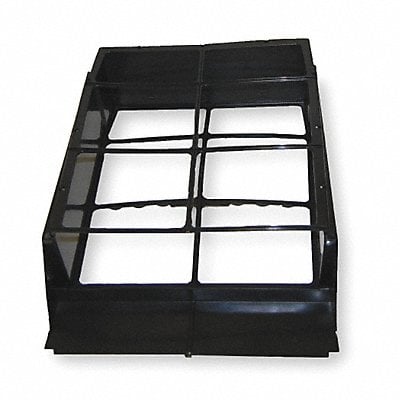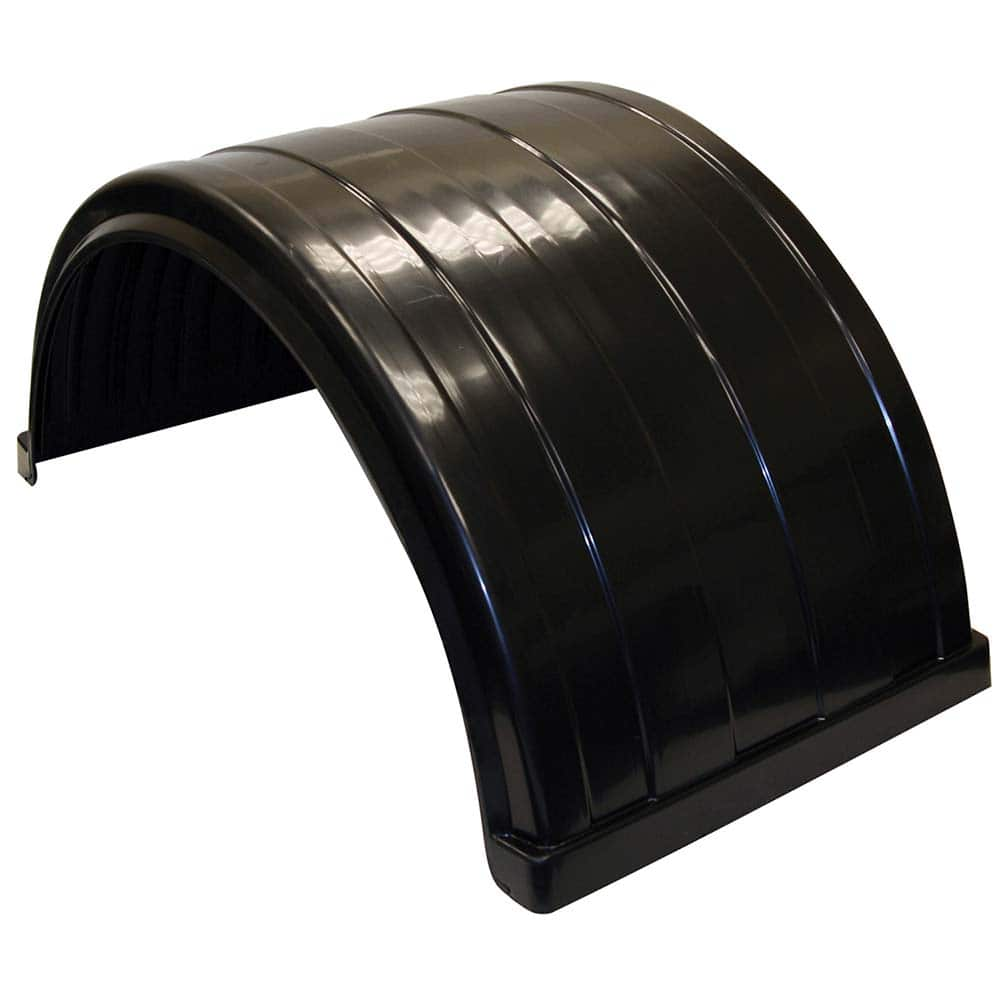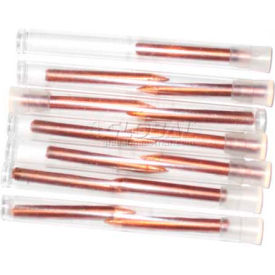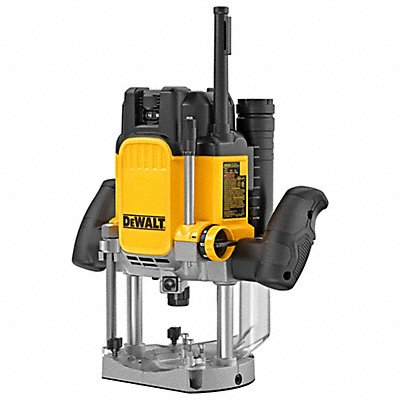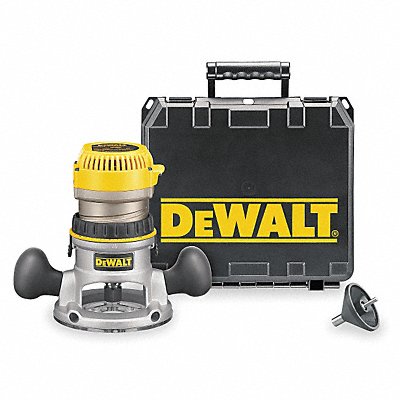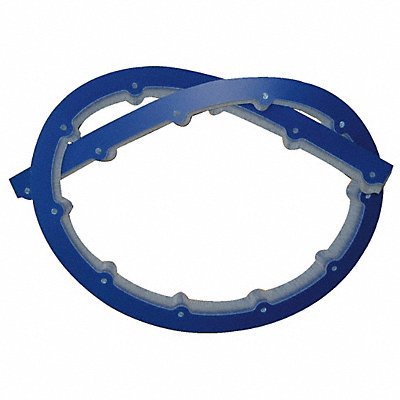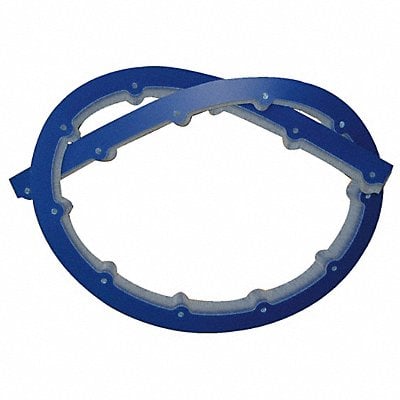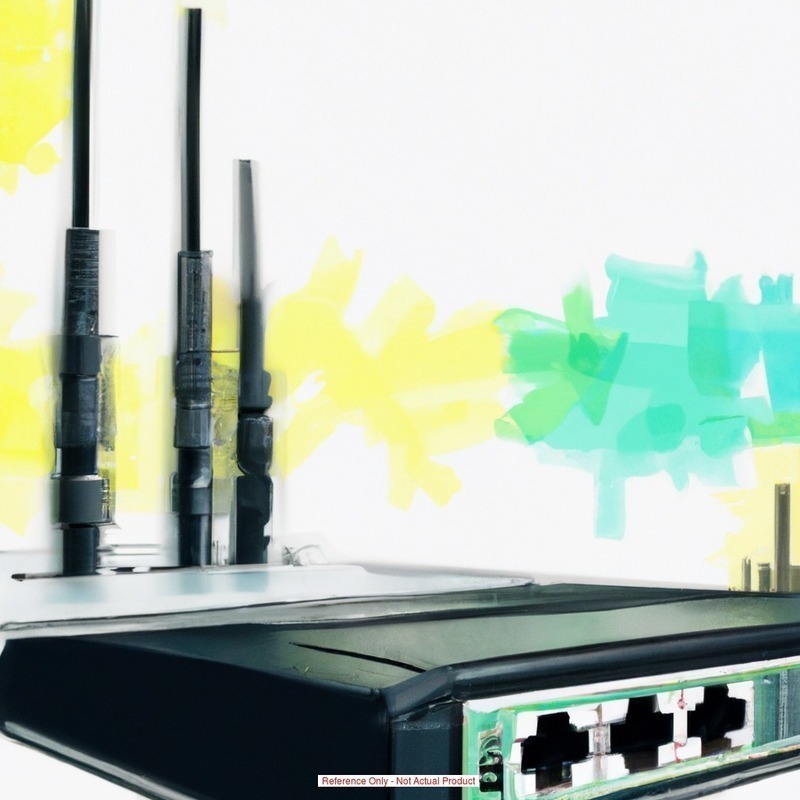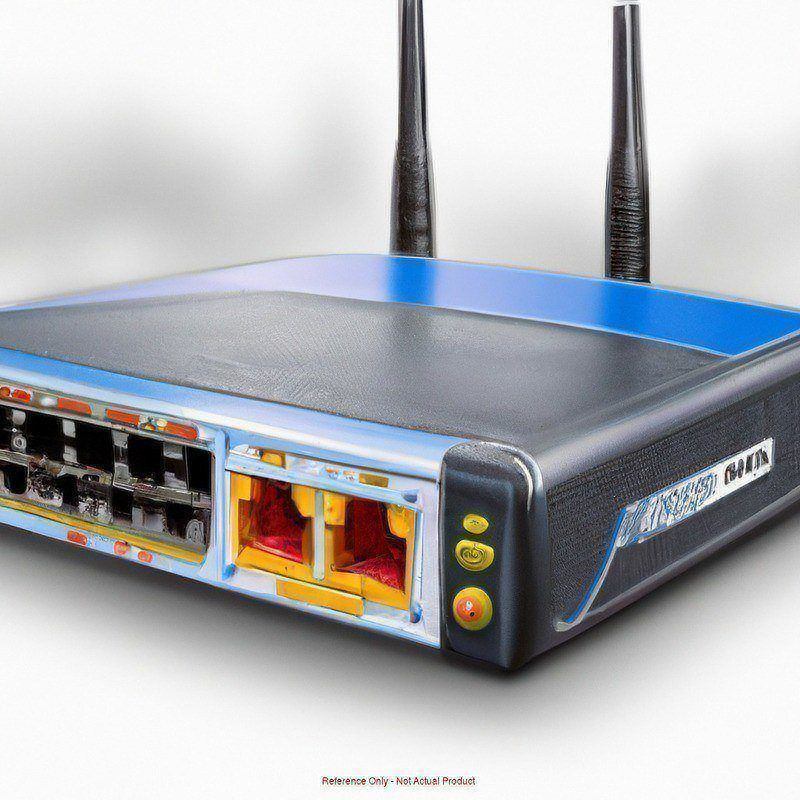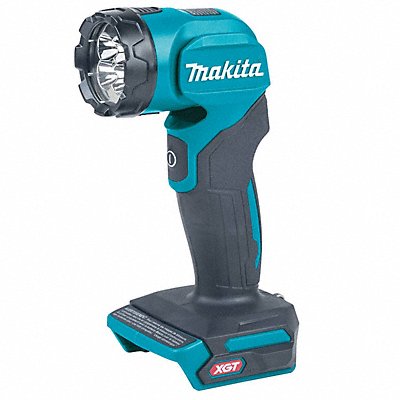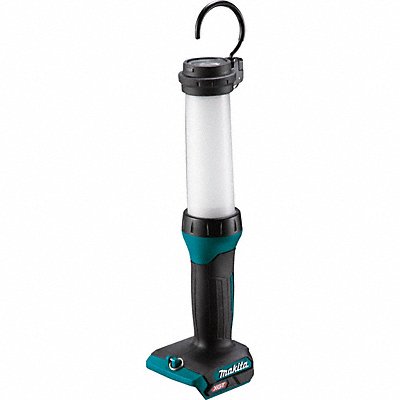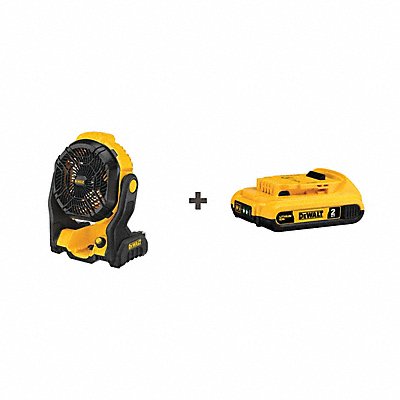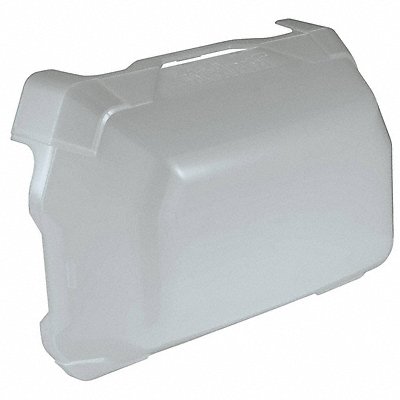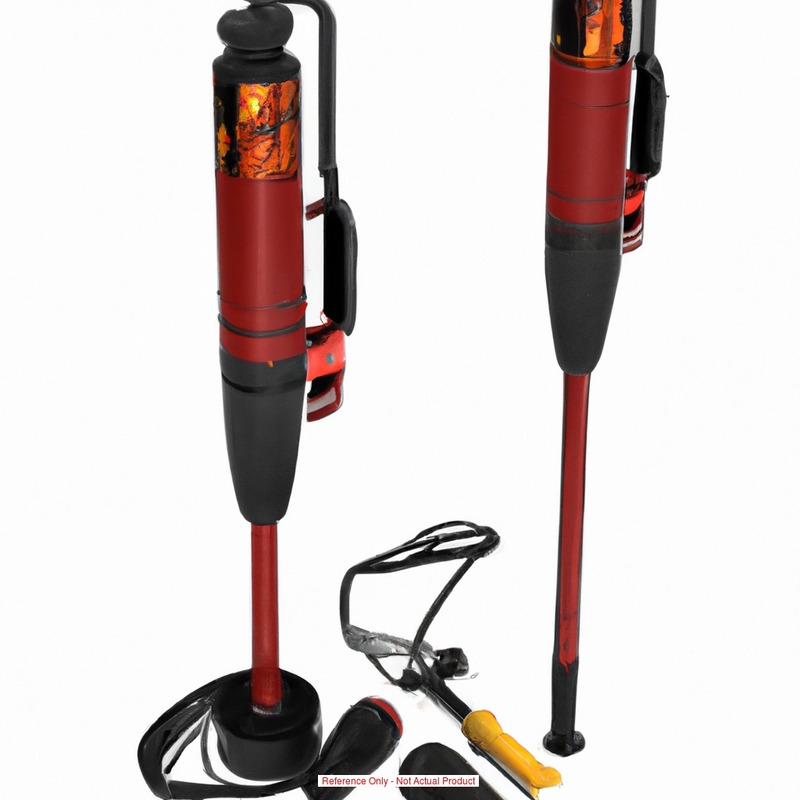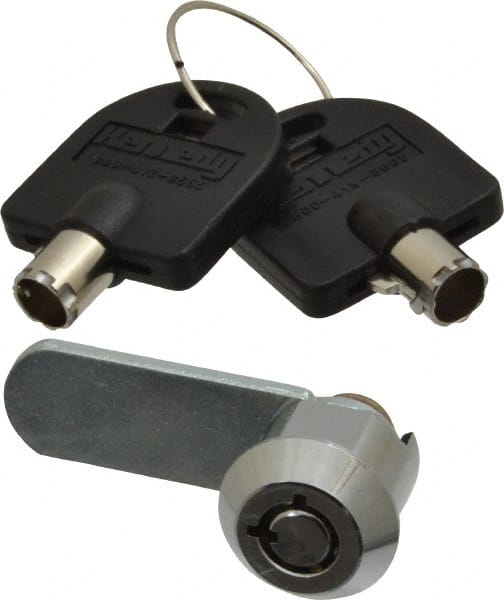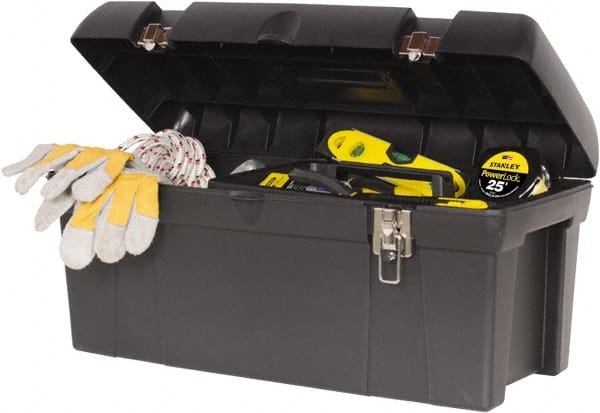Overview
Are you looking for the right power tools to tackle every job, from construction to repairs, with ease? This comprehensive guide will help you navigate the best power tools available, from drain cleaning equipment to power drills and specialty cordless tools. Whether you're a seasoned professional or a DIY enthusiast, our guide covers everything you need to know about these essential tools, including typical applications, top reasons to use them, FAQs, and product recommendations.
Table of Contents
- Drain Cleaning Equipment
- Cable and Wire Power Tools
- Combination Kits Batteries and Chargers
- Demolition Tools and Equipment
- Drilling Accessories
- Dust Managment
- Fastening Tools and Accessories
- Finishing Tools
- Heat Guns
- Masonry
- Plumbing Power Tools
- Power Drills
- Power Saws and Accessories
- Power Shears
- Replacement Parts
- Routers
- Specialty Cordless Tools
- Tool Storage
1. Drain Cleaning Equipment
Overview
Drain cleaning equipment is essential for maintaining clean and functional plumbing systems. These tools help clear blockages, remove debris, and maintain the smooth flow of water and waste in residential, commercial, and industrial settings.
Top Applications
- Unclogging sinks, toilets, and bathtubs.
- Cleaning out sewer lines and drains.
- Routine maintenance for plumbing systems.
- Clearing outdoor drains and gutters.
- Removing tree roots from underground pipes.
Top Reasons to Use Drain Cleaning Equipment
- Efficiency: Quickly clears blockages and restores flow.
- Versatility: Suitable for various types of drains and pipes.
- Cost-Effective: Reduces the need for professional plumbing services.
- Durability: Designed to withstand heavy use.
- Ease of Use: Simple to operate, even for non-professionals.
Top FAQs and Answers
-
What types of drain cleaning equipment are available?
There are several types, including manual augers, power augers, drain snakes, and high-pressure water jetters. Each is designed for specific types of clogs and pipe sizes. -
How often should I clean my drains?
Regular maintenance every 6 to 12 months is recommended to prevent clogs, especially in high-use areas like kitchens and bathrooms. -
Can drain cleaning equipment damage pipes?
If used correctly, drain cleaning tools should not damage pipes. However, using excessive force or incorrect tools for the pipe material can cause harm. -
What should I do if the equipment gets stuck in the drain?
Gently reverse the tool's operation to free it. If it remains stuck, consult a professional to avoid further damage. -
Are there eco-friendly options for drain cleaning?
Yes, water jetters use high-pressure water without chemicals, making them an environmentally friendly choice.
Product Recommendations
2. Cable and Wire Power Tools
Overview
Cable and wire power tools are designed to cut, strip, and crimp wires, making them essential for electricians, maintenance personnel, and anyone dealing with electrical installations.
Top Applications
- Electrical wiring and installations.
- Cutting and stripping wires for repairs.
- Crimping connectors for secure electrical connections.
- Cable management in data centers.
- Automotive wiring and repairs.
Top Reasons to Use Cable and Wire Power Tools
- Precision: Ensures clean cuts and precise stripping of wires.
- Safety: Reduces the risk of electrical hazards.
- Efficiency: Speeds up the wiring process.
- Versatility: Suitable for various wire types and sizes.
- Durability: Built to withstand repeated use in tough environments.
Top FAQs and Answers
-
What is the difference between wire strippers and wire cutters?
Wire cutters are designed to cut wires cleanly, while wire strippers are used to remove insulation from the wire without damaging the metal inside. -
Can these tools handle thick cables?
Yes, many cable and wire power tools are rated to handle thick cables, but always check the tool's specifications to ensure compatibility with the wire size. -
How do I choose the right crimping tool?
Choose a crimping tool based on the type of connectors you use and the wire sizes you're working with. -
Are there cordless options available?
Yes, cordless cable and wire tools provide more flexibility, especially for jobs in remote or difficult-to-access areas. -
Can I use the same tool for both stripping and crimping?
Some multi-function tools offer both stripping and crimping capabilities, but dedicated tools may provide better precision and ease of use.
Product Recommendations
3. Combination Kits, Batteries, and Chargers
Overview
Combination kits provide a convenient collection of essential tools in one package, often including drills, impact drivers, saws, and batteries, ideal for both professionals and DIY enthusiasts.
Top Applications
- Home renovation projects.
- Carpentry and woodworking.
- Construction and building tasks.
- Electrical installations.
- General maintenance and repairs.
Top Reasons to Use Combination Kits
- Value for Money: Multiple tools at a bundled price.
- Convenience: Comes with a shared battery system for all tools.
- Versatility: Suitable for various applications.
- Portability: Compact storage cases for easy transport.
- Compatibility: Ensures all tools work seamlessly together.
Top FAQs and Answers
-
What is included in a typical combination kit?
Most kits include a drill, impact driver, saws, batteries, and a charger. Some kits may have additional tools like grinders or sanders. -
How long do the batteries last?
Battery life depends on the tool and usage intensity. Lithium-ion batteries typically last longer and provide consistent power output. -
Can I buy additional batteries for my kit?
Yes, additional batteries are available and recommended for prolonged use to avoid downtime. -
Are these kits suitable for professional use?
Yes, many combination kits are designed for both professional contractors and home users, offering robust tools built to last. -
Do the tools in the kit have a warranty?
Most manufacturers provide a warranty on tools and batteries, typically ranging from 1 to 5 years.
Product Recommendations
4. Demolition Tools and Equipment
Overview
Demolition tools and equipment are designed to tear down structures, break up concrete, and remove debris efficiently. They are powerful, durable, and essential for construction, renovation, and demolition projects.
Top Applications
- Breaking up concrete and asphalt.
- Removing tiles, bricks, and stones.
- Tearing down walls and structures.
- Preparing sites for new construction.
- Clearing debris after demolition.
Top Reasons to Use Demolition Tools
- Powerful Performance: Capable of handling tough demolition tasks.
- Durability: Built to withstand heavy-duty use.
- Efficiency: Reduces the time and effort needed for demolition.
- Safety Features: Designed to minimize user fatigue and risk.
- Versatility: Suitable for a range of demolition tasks.
Top FAQs and Answers
-
What types of demolition tools are available?
Demolition tools include sledgehammers, jackhammers, rotary hammers, and demolition saws, each designed for specific demolition tasks. -
Can demolition tools be used on reinforced concrete?
Yes, many demolition tools are specifically designed to handle reinforced concrete. However, always check the tool's specifications for compatibility. -
What safety precautions should I take when using these tools?
Always wear protective gear, such as gloves, goggles, ear protection, and dust masks, and ensure the work area is clear of debris. -
How do I maintain my demolition tools?
Regularly clean and lubricate moving parts, check for wear and tear, and replace worn components to maintain optimal performance. -
Are there cordless demolition tools available?
Yes, cordless demolition tools provide greater mobility, but their power and battery life may be limited compared to corded options.
Product Recommendations



